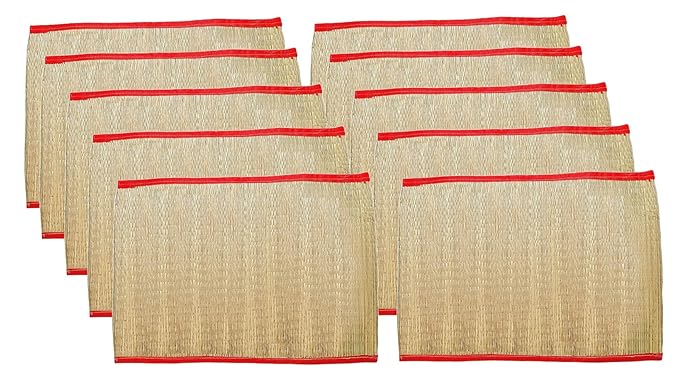What Does It Mean to Explore Spirituality Beyond Religion?
Spirituality beyond religion focuses on personal growth, self-awareness, and a connection to the universe or a higher power, without adhering to the structures and rituals of traditional faith systems. While religion often provides a collective experience rooted in specific doctrines, spirituality allows for individualized exploration, where meaning is drawn from diverse experiences, philosophies, and practices.
Key aspects of non-religious spirituality include:
- Inner Exploration: Understanding oneself and finding peace through introspection.
- Connection with Nature: Seeking awe and wonder in the natural world.
- Mind-Body Practices: Using techniques like meditation or yoga to align the mind, body, and spirit.
- Community and Compassion: Building relationships rooted in kindness and shared purpose, rather than shared belief.
How Can I Explore Spirituality Without Religion?
Breaking away from traditional systems doesn’t mean you’re left without guidance. Here are some ways to explore spirituality independently:
1. Embrace Nature
Nature is a universal teacher and healer. Spending time outdoors—whether hiking, stargazing, or simply sitting by the ocean—can foster a deep sense of connection and gratitude.
- Practice mindfulness by observing your surroundings. Pay attention to the sound of birds, the rustle of leaves, or the feel of the wind on your skin.
- Journaling in nature can help you reflect on your experiences and insights.
2. Practice Meditation
Meditation allows you to quiet the mind and tap into deeper awareness. It’s a cornerstone for many spiritual paths.
- Start with simple breath-focused meditation: Sit comfortably, close your eyes, and focus on your breath as it flows in and out.
- Explore guided meditations on themes like gratitude, compassion, or inner peace.
3. Read Spiritual Texts or Philosophy
Expand your understanding by exploring spiritual and philosophical writings from diverse traditions. Consider works by authors like Eckhart Tolle (The Power of Now), Rumi (poetry), or the Dalai Lama (The Art of Happiness).
4. Engage in Creativity
Art, music, and writing are powerful ways to connect with something greater than yourself.
- Try painting or drawing as a way to express emotions.
- Create music or listen to compositions that inspire a sense of wonder and transcendence.
5. Connect with Others
Forming connections with like-minded individuals can deepen your spiritual journey.
- Join community groups focused on personal growth, meditation, or nature exploration.
- Participate in open discussions about spirituality to gain new perspectives.
6. Explore Technology
Technology has opened up new avenues for spiritual exploration.
- Use apps like Calm or Insight Timer for meditation and mindfulness practices.
- Participate in online communities or forums that focus on spirituality.
How to Create a Spiritual Practice Without Religion
Creating your own spiritual practice involves experimentation and a willingness to explore what works best for you. Here are steps to guide you:
1. Define Your Intentions
Ask yourself: What do I hope to achieve through spirituality? Whether it’s inner peace, clarity, or connection, knowing your purpose can guide your practice.
2. Set Daily Rituals
Rituals don’t have to be elaborate. Simple, consistent actions can anchor your day.
- Morning mindfulness practices.
- Writing down three things you’re grateful for before bed.
3. Incorporate Movement
Physical activity can be a spiritual practice when done mindfully.
- Yoga helps align mind and body.
- Walking meditations combine mindfulness with movement.
4. Reflect Regularly
Reflection helps you track your spiritual growth.
- Keep a journal to record your thoughts, feelings, and insights.
- Periodically review your entries to identify patterns or progress.
5. Experiment and Adapt
Your spiritual practice should evolve with you. Try new approaches, discard what doesn’t resonate, and deepen what feels meaningful.
Benefits of Non-Religious Spirituality
Pros
- Freedom and Flexibility: You can craft a practice that fits your unique beliefs and lifestyle.
- Personal Growth: Encourages self-awareness and emotional resilience.
- Universal Connection: Offers a way to feel connected to something greater without constraints.
Cons
- Lack of Structure: The absence of organized rituals may feel overwhelming for some.
- Loneliness: Without a shared community, some may miss the collective aspect of religion.
- Uncertainty: Navigating an uncharted path can sometimes lead to doubts or confusion.














